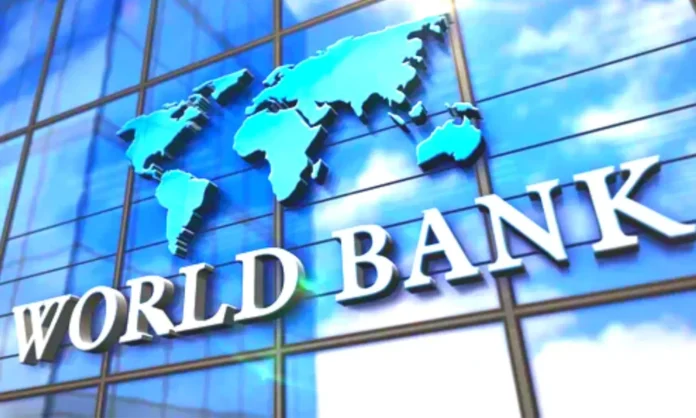Staff Reporter
As development aid from Europe and the United States faces significant cuts, think tanks and advocacy groups are calling on the World Bank to reduce the equity-to-lending ratio of its primary lending arm.
This change could unlock billions in additional lending capacity for struggling nations.
Eric Pelofsky, vice president of the Rockefeller Foundation, emphasized that lowering the equity-to-lending ratio of the International Bank for Reconstruction and Development from 18% to 17% could potentially increase the bank’s lending capacity by $30 billion to $40 billion.
This adjustment would not impose any additional burden on taxpayers or shareholders, nor would it jeopardize the bank’s capital reserves.
Pelofsky noted that a substantial portion of these newfound resources could be directed towards loans that help governments swiftly address budget shortfalls and bolster essential public services, including health care, water, and sanitation systems, which have been impacted by cuts in foreign aid.
The World Bank could also provide short-term, low-interest loans to non-governmental organizations facing program cancellations, layoffs, and possible bankruptcy, helping them transition to sustainable long-term funding models, Pelofsky added.
Last year, the World Bank voted to revise its internal lending guidelines and reduce its equity-to-lending ratio by 1 percentage point, following recommendations from an independent commission for the Group of 20 major economies. In 2023, it further lowered the ratio from 20% to 19%.
Since U.S. President Donald Trump resumed office in January, his administration has slashed billions in foreign assistance, aligning with his “America First” policy. European governments have also reduced their foreign aid budgets.
“Inaction will have concrete consequences,” Pelofsky warned, referencing studies that indicate U.S. foreign aid cuts could jeopardize millions of lives.
The Jubilee USA Network, a religious development organization, supports this initiative and urges the World Bank to act swiftly.
“The World Bank can and should make this decision as soon as possible,” stated Eric LeCompte, the group’s executive director and a United Nations adviser. “Given the significant cuts from the U.S. and Europe, this action by the World Bank can help close the aid gap.”

